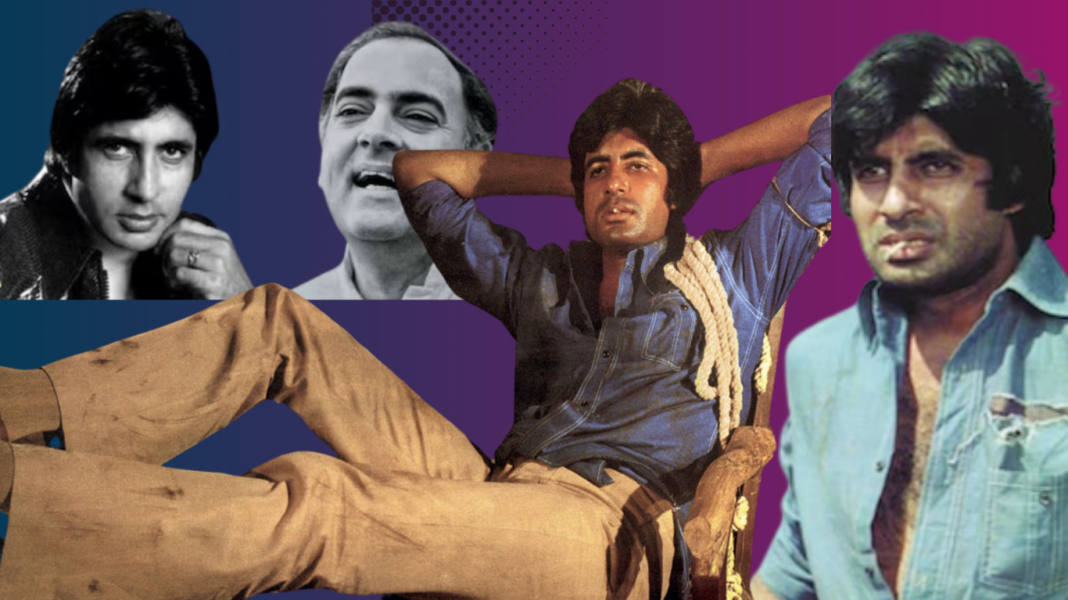Amitabh Bachchan, the towering figure of Indian cinema, has long been celebrated as a cultural icon whose influence transcends generations. With a career spanning over five decades, he has delivered unforgettable performances, shaped Bollywood’s golden era, and remains a dominant force even at 82. Yet, amidst the adulation, whispers have emerged questioning his character—specifically, claims that Bachchan is “selfish” and does not support people or charities as much as his stature might suggest.
Are these accusations fair, or do they overlook the complexities of a man who has lived much of his life in the public eye?
The Perception of Selfishness
The notion of Bachchan being “selfish” seems to stem from a few key narratives. Critics point to his carefully curated public image, suggesting that his actions—whether professional or personal—are driven more by self-preservation than altruism. Despite his immense wealth and influence, some argue that he hasn’t been as visibly active in philanthropy as other global celebrities. In India, stars like Aamir Khan and Salman Khan are closely associated with education, health, and humanitarian campaigns. In contrast, Bachchan’s charitable footprint appears more subdued to the casual observer.
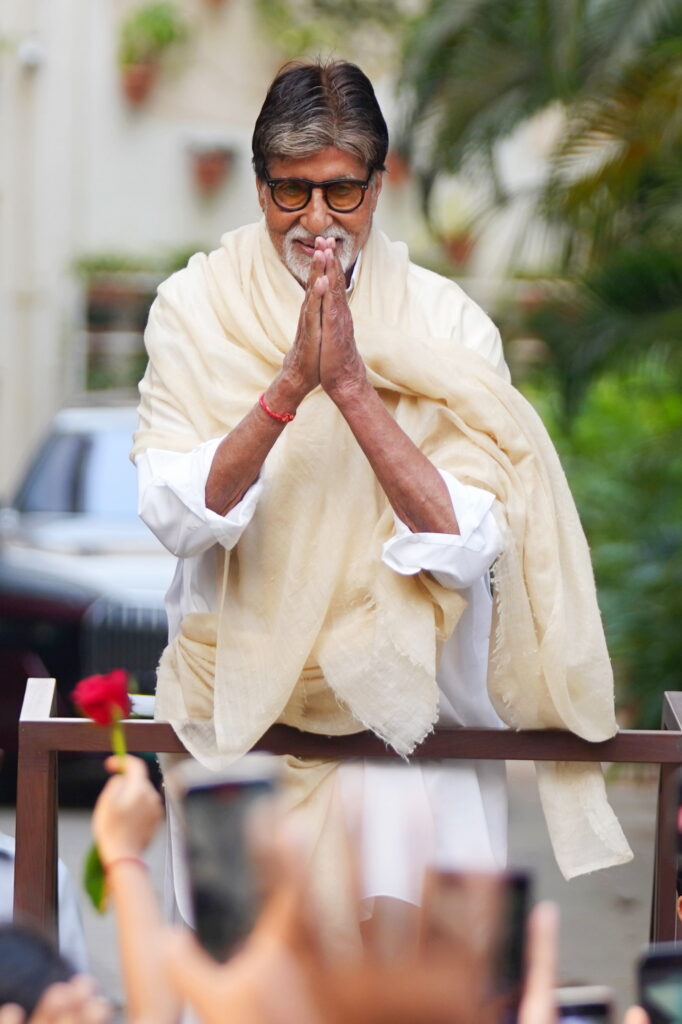
His fallout with the Gandhi family, once his closest allies, and the perception that he turned his back on supporters during his lowest moments, add further fuel to this narrative.
Historical Ties with the Gandhi Family
Bachchan’s relationship with the Gandhi family dates back generations, rooted in Allahabad, where his father, the poet Harivansh Rai Bachchan, forged a bond with Jawaharlal Nehru. Harivansh’s wife, Teji Bachchan, became a confidante of Nehru’s daughter, Indira Gandhi, deepening the family connection when the Bachchans moved to Delhi. Teji’s social activism and proximity to power made the Bachchans part of the Gandhi inner circle.
Amitabh’s own friendship with Rajiv Gandhi began in childhood and strengthened over the years. When Rajiv courted Sonia Maino, Teji mediated between Sonia and Indira Gandhi. Amitabh welcomed Sonia at the airport in 1968 and helped introduce her to Indian customs. The families were inseparable—Indira and Rajiv even visited Amitabh in the hospital after his near-fatal accident on the set of Coolie in 1982.
Political Journey and the Gandhi Connection
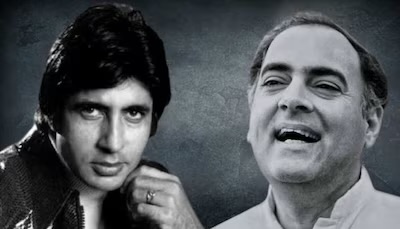
Bachchan’s entry into politics in 1984 was a direct outcome of his relationship with the Gandhis. At Rajiv’s request, he contested the Lok Sabha seat from Allahabad on a Congress ticket and won by a historic margin. But politics proved turbulent. The Bofors scandal, though never directly implicating Bachchan, tainted his political tenure. The media frenzy and public perception forced him to resign in 1987.
The aftermath strained his relationship with the Gandhis. Bachchan felt abandoned during the controversy, while the Gandhis reportedly viewed his withdrawal as betrayal. One account, detailed in journalist Santosh Bhartiya’s writings, mentions that Sonia Gandhi once sought Amitabh’s help to fund Rahul Gandhi’s college education abroad. Bachchan sent a $1,000 cheque—too little, too late—and it was returned. This incident became symbolic of the growing distance between the two families. By 1997, when Shweta Bachchan’s wedding coincided with Priyanka Gandhi’s, no Gandhis attended.
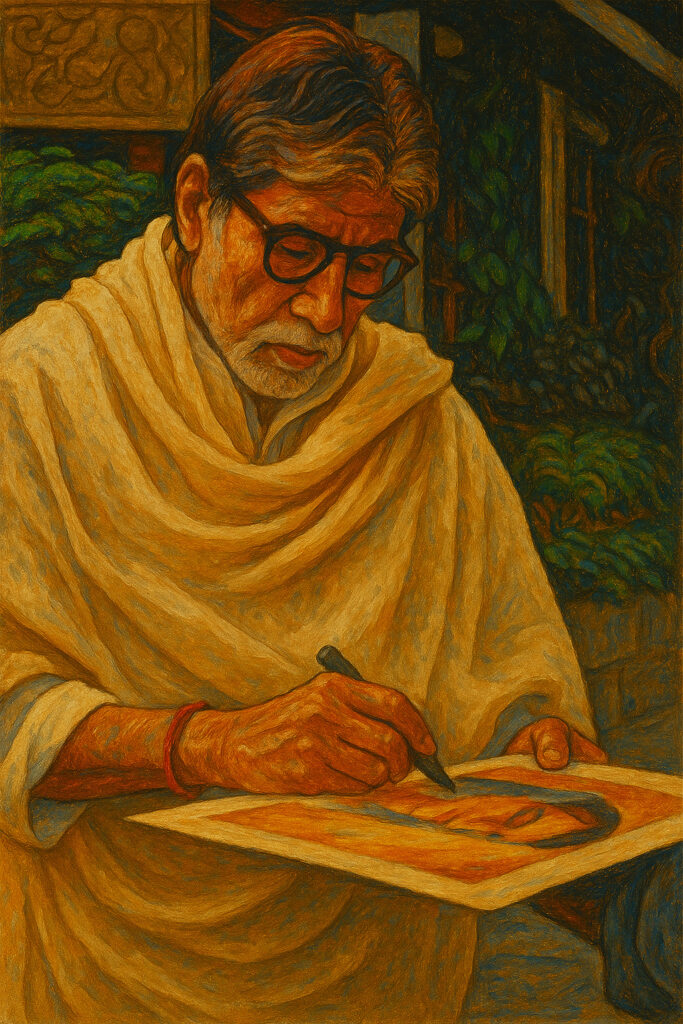
Bankruptcy and the Supporters Who Stepped In
In the mid-1990s, Bachchan’s company, Amitabh Bachchan Corporation Ltd (ABCL), collapsed, saddling him with over Rs 90 crore in debt. His stardom dimmed, and bankruptcy loomed. The Gandhis, his former confidantes, offered no support. But others stepped up. Amar Singh, the influential Samajwadi Party leader, provided financial lifelines. Yash Chopra, too, cast him in Mohabbatein, marking his comeback when much of Bollywood had written him off.
Rajinikanth recalled that Bachchan couldn’t even afford to pay his watchman during this period. These allies—new and loyal—helped revive his brand, leading to his hosting of Kaun Banega Crorepati and a new wave of films. In gratitude, Bachchan aligned with Amar Singh’s Samajwadi Party; Jaya Bachchan joined as a Rajya Sabha MP in 2004.
Cutting Ties with Former Allies
As Bachchan rebuilt his life, he began cutting ties with those who didn’t stand by him—most notably, the Gandhi family. He distanced himself from the Congress Party and began subtly criticizing it on social media, without naming names. Even some Bollywood peers who mocked his downfall were no longer welcome in his inner circle.
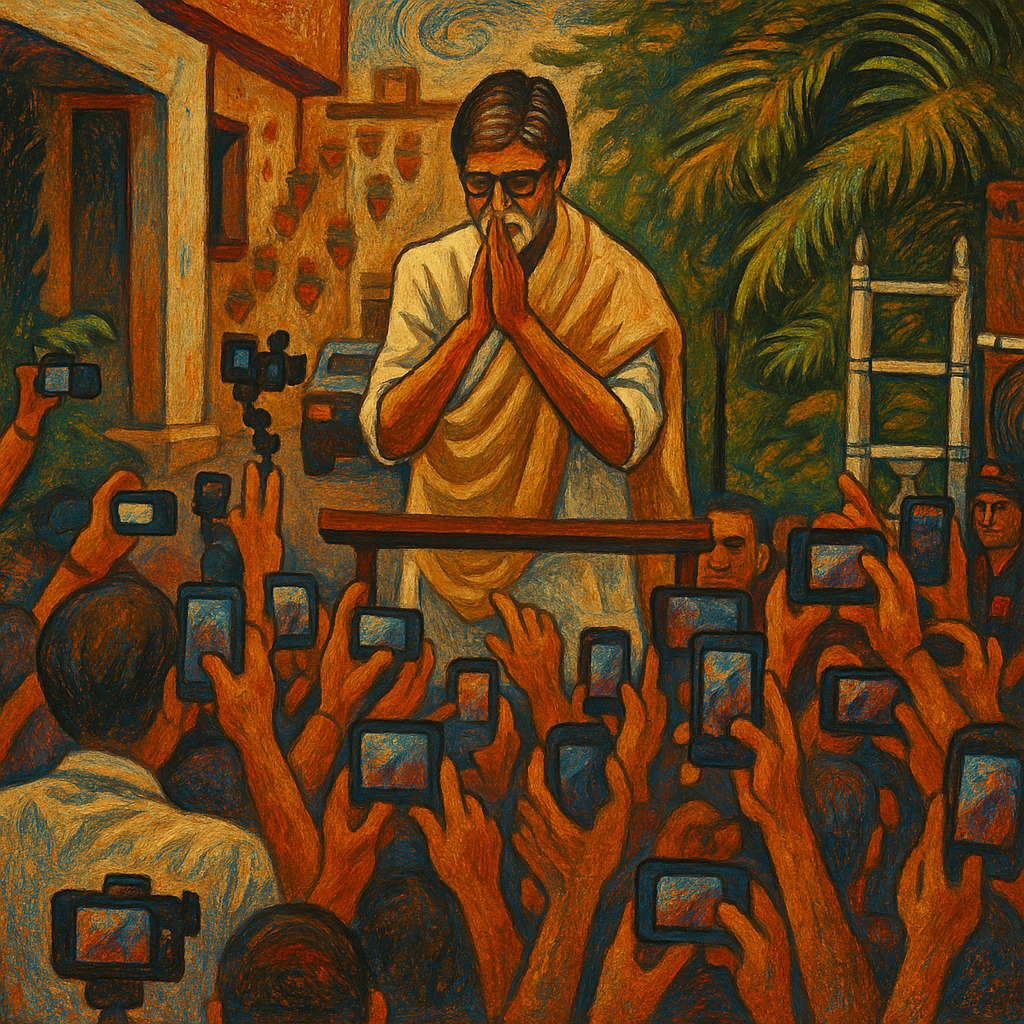
His eventual alignment with Narendra Modi’s Gujarat tourism campaign in 2014 raised eyebrows, signaling a pragmatic tilt toward the ruling BJP, though he continued to insist on being “apolitical.” Critics saw this as yet another example of calculated survival.
The Charity Question
One of the strongest critiques against Bachchan is his seemingly low-profile philanthropy. Unlike Salman Khan’s Being Human foundation or Priyanka Chopra’s UNICEF campaigns, Bachchan’s charitable work is largely private. He led the Polio Eradication Campaign and contributed heavily during COVID-19, yet he avoids brandishing his donations.
He has stated that charity is a personal matter, not a publicity stunt. His defenders argue that he pays significant taxes (₹120 crore in FY25 alone), contributes to national causes, and sustains livelihoods through his continued work in the industry—despite being well into his 80s.
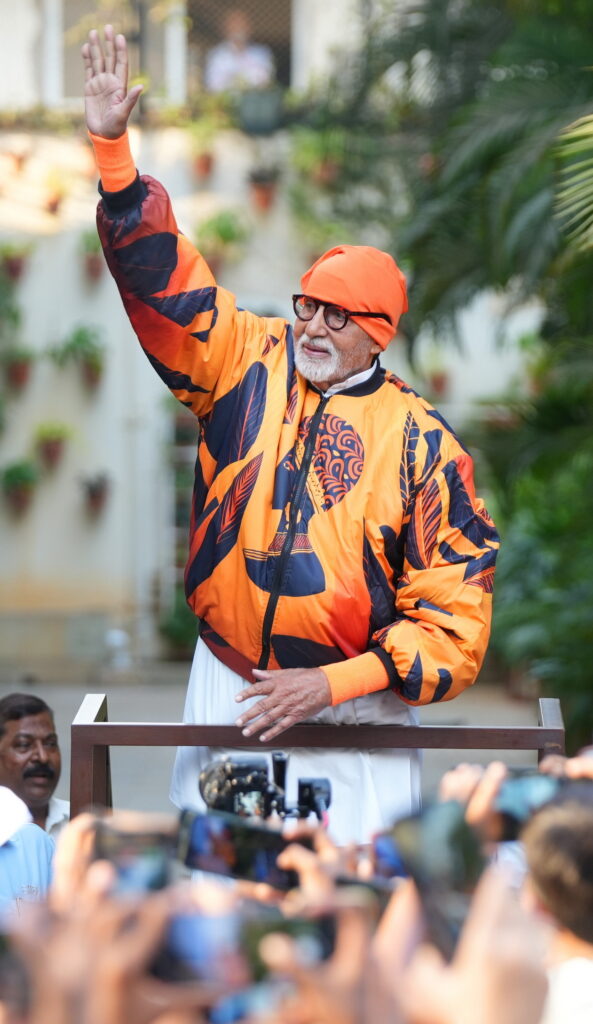
A Balanced View
So, is Amitabh Bachchan selfish?
The truth lies in nuance. He has undoubtedly prioritized survival and legacy over sentiment, and his estrangement from former allies reflects a man who remembers slights. But he has also shown fierce loyalty to those who supported him, and his resilience in the face of bankruptcy is remarkable. His preference for private philanthropy doesn’t necessarily mean a lack of generosity—only a difference in style.
To judge a man like Bachchan by the metrics of public charity or political allegiance is to ignore the layers of personal history, betrayal, reinvention, and enduring cultural impact. His life has been shaped by shifting allegiances, both imposed and chosen.
His legacy may not be in headlines about donations, but in the hearts of millions who grew up with his films, his voice, and his image on their walls. That may be enough—for him, and for history.
A global media for the latest news, entertainment, music fashion, and more.

